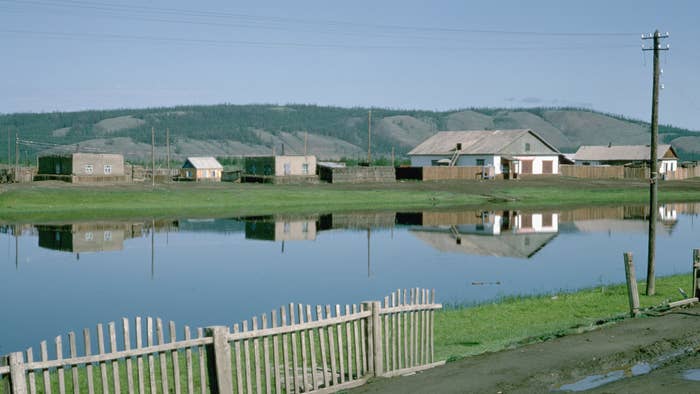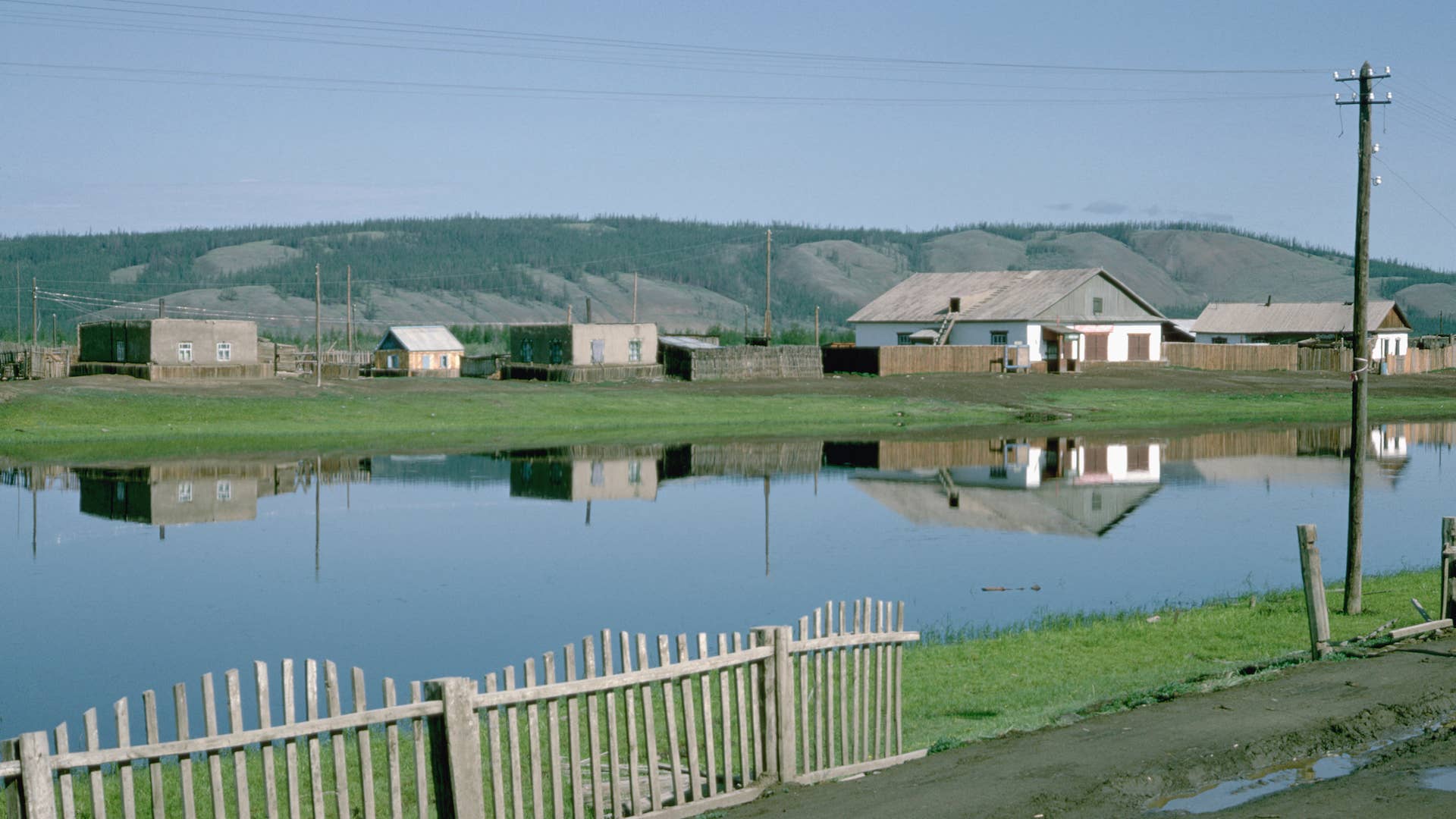
CNN reports the small Siberian town of Verkhoyansk had the hottest temperature ever recorded in the Arctic Circle of 100.4 degrees Fahrenheit on Saturday, an alarming discovery for a place that posts an average high of 68 degrees Fahrenheit in the month of June.
While the Copernicus Climate Change Service (C3S) understands that Siberia is known for its large swings in month-to-month and yearly temperature, Verkhoyansk's new record high speaks to an ongoing trend of above-average temperatures that stretches back to last year. C3S reported that the average temperature in the Arctic was around 50 degrees Fahrenheit higher than normal in March, April, and May.
According to the BBC, the Arctic has been warming twice as fast as the rest of the globe over the last 30 years. You know where we're going with this, right? Climate scientist Martin Stendel pointed out that such a temperature anomaly in northwestern Siberia would typically occur once every 100,000 years, if it weren't for—and let's all say it together—climate change.
"Year-on-year temperature records are being broken around the world, but the Arctic is warming faster than anywhere else on Earth," Dr. Dann Mitchell, associate professor at the University of Bristol, said. "So it is unsurprising to see records being broken in this region. We will see more of this in the near future."
The consistently high temperature in the Arctic will lead to increased thawing of permafrost below ground, and the subsequent release of carbon dioxide and methane into the Earth's atmosphere, causing greater global warming.

